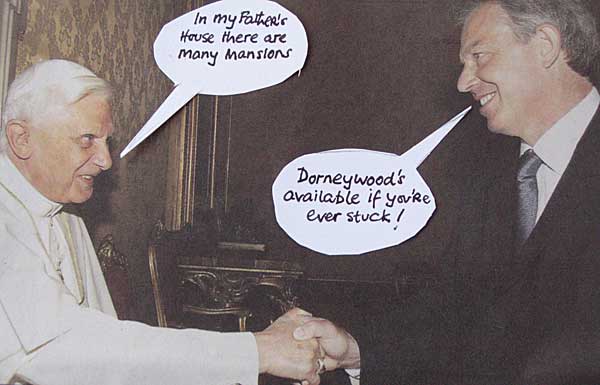… already has Britain’s reactionary newspaper columnists (including Michael Gove, one of Dave Cameron’s friends and relations) in a frenzy of indignation (though it seems that none of them has actually, er, seen the film). Their basic line is the hoary old one — that ‘our’ boys would never do anything nasty to people, like shooting them in the back, or clubbing them to death. (Try telling that to the relatives of the people who were shot dead by the Paras in the Bloody Sunday massacre in Derry all those years ago.)
There’s a nice column in today’s Guardian by George Monbiot, in which he ingeniously draws a parallel between the Black and Tans who inadvertently persuaded my countrymen to support a war of independence, and what we are now finding out about the behaviour of the Americans in Iraq. And the moral? If you’re occupying someone else’s country, brutality comes with the territory.
My paternal grandfather was not a political animal. He believed in keeping his head down. But his views about the British were irrevocably shaped when he and his brother were dragged off a donkey cart in Connemara by a passing detachment of Tans who gave them a casual beating before going on their merry way. I expect that many ‘non-political’ Iraqis feel the same about the Yanks — and, who knows? — maybe about the Brits too.



